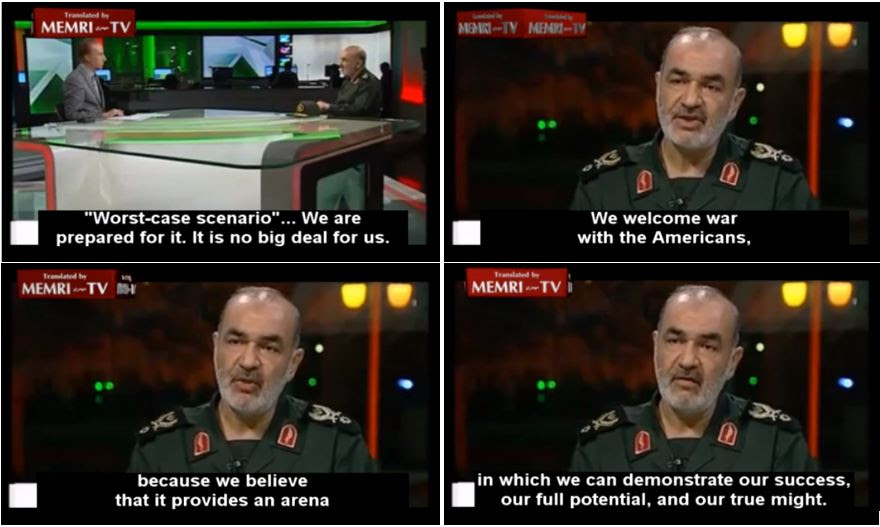by Gerald Steinberg
While there are many problems with the claims, many journalists, including from Australia, repeated the accusation of a few disgruntled Israelis, without any verification. This, despite the failure of this organisation to provide basic details necessary for corroborating claims made in this publication.
Naming sources is a basic prerequisite for making legal claims, allowing accounts to be verified and witnesses to be questioned. Dates must be provided and locations cited to understand the broader context in which events were alleged to have taken place. Without this information, we are left with a radical political agenda that exploits the language of international law.
In the 200-plus pages of "testimony", mostly from low-ranking soldiers, the names and the units in which they served are left unidentified. Similarly absent are dates of the alleged events, making verification by competent authorities impossible. In the very difficult war between Israelis soldiers and Hamas-led terror cells in Gaza firing missiles from houses, mosques, schools (as recently documented in a rare UN report), and hospitals, context is indispensable.
The lack of details prevents any understanding of these alleged incidents. There is no way to verify the accuracy of the testimonies nor is it possible to view these events in the broader context of the extreme difficulty of defending Israeli citizens from thousands of Palestinian rocket and terror attacks – each one a war crime.
Breaking the Silence's "methodology" to obtain the "testimonies" is also highly problematic. Many of the statements include very leading questions asked by interviewers, often constructed so as to elicit answers that falsely magnify the appearance of wrongdoing. In contrast, the absence of questions that would provide greater context, clarification or justification for certain actions, is striking.
Moreover, much of the framing of these "testimonies" enhances their politicised nature such as the use of misleading titling. In one instance, a soldier's statement carried the sensationalist header: "I really, really wanted to shoot her in the knees," but the text, for those who read it, describes the young Israeli's fear that an approaching woman was sent by Hamas and could potentially be carrying explosives that would kill him and his friends. IDF soldiers in Gaza have been targeted by suicide bombers, including women, making the fear of such an attack credible.
The deceiving headline also hides the essential fact that the soldiers fired near her feet, scaring her off and successfully resolving the situation in a non-lethal manner.
By not publishing key information, the organisation is expecting readers – in Israel, but primarily abroad, including Australia, to blindly trust it and to suspect no agenda other than the documentation of valid complaints by soldiers. However, as shown by NGO Monitor's systematic research, there are also important financial dimensions. Breaking the Silence receives substantial funding from radical Europeans, who link their donations to the number of statements that are collected. The Dutch church organisation ICCO demanded at least 90 incriminating interviews, while Oxfam (which claims to promote a humanitarian agenda) linked funding directly with the provision of "as many interviews as possible" regarding "immoral activities". These arrangements highlight the clear financial interest in presenting as many negative testimonies as possible.
Indeed, the failure to examine the motivations and history of the donors to this tiny group is of major importance. These funders are involved in anti-Israel activities from Ireland, Britain and the Netherlands and have actively supported, funded and partnered with organisations promoting boycotts, divestment and sanctions (BDS) targeting the Jewish state. The funders are clearly interested in portraying the actions of IDF soldiers as criminal and callous, thereby hoping to pave the way for prosecutions targeting Israel at the International Criminal Court. This is an extension of the long Arab-Israeli wars by other means.
Of course no army is perfect, and some soldiers may have legitimate complaints. But as in any democratic society, this must be done through legal and administrative processes, and not by garnering headlines in the foreign media. Given the obsession with Israel, the deep hostility, and the large sums that are available, particularly to NGOs that join in this form of modern warfare, consumers of such publications, including journalists and government officials, should exercise caution and a healthy degree of skepticism.
Hat tip: Sefton Bergson
Professor Steinberg is president of NGO Monitor, a Jerusalem-based research institute, and professor of political studies at Bar Ilan University.
Copyright - Original materials copyright (c) by the authors.


